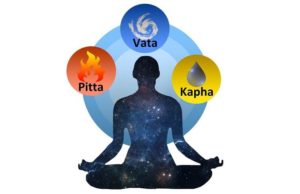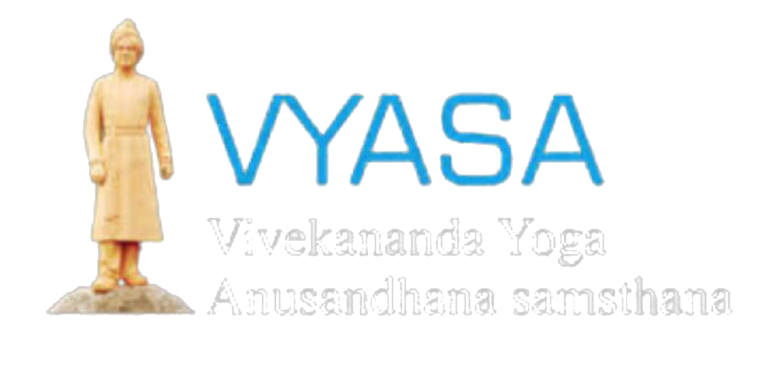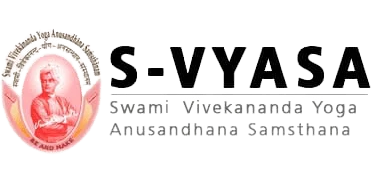
Dosha Imbalance in Winter According to Ayurveda, a season is divided into two months (two masa)
Shirira Ritu typically begins in mid-January and lasts until mid-March. Due to the dominance of Vata Dosha, this season is characterized by extreme cold and dryness the cold intensifies there is a gradual accumulation of Kapha Dosha in the body.
Dominating Dosha in this season are Vata and Kapha. Vata will be aggravated and Kapha will be accumulated in the body. Irrespective of the accumulated Kapha Dosha, Agni (digestive fire) remains in a higher state (due to the extremely cold weather outside the body it retains heat inside resulting in better digestive capacity). This increased Agni is capable of digesting large quantities of food.
During this season you may experience Dosha Imbalance in Winter a common cold /running nose, symptoms of existing allergic rhinitis may increase, body aches, cough with expectoration, laziness, indigestion and Anorexia
Diet Routine
- One should stay away from Vata aggravating foods, can consume food predominant in Madura (sweet) Alma (sour) and Levana (salt). Avoid foods having katu (Pungent) Tikka (bitter) Kashaya (Astringent) rasa
- Opt for foods that are naturally nourishing, new rice, wheat, oats, and legumes like Moong dal, Masoor dal etc. should be eaten. Include warming spices like Ginger black pepper, Cinnamon, cardamom, cumin etc.
- Ghee and other oils help in subsiding Vata and strengthening Kapha
- Almonds, sesame seeds walnuts etc. are also ideal during this season One can also consume meat soups, especially from animals like goat which have warming and nourishing properties
- Try to include root vegetables like carrots, beetroot and sweet potatoes avoid raw, cold salads and uncooked Vegetables
- Stay away from cold, dry or refrigerated foods as they can aggravate Vata and increase Kapha. Should minimize the consumption of foods like cold drinks, ice creams and dry crackers
- Honey is said to be extremely beneficial during this season. As honey has the property to scrape out Kapha Dosha. note that never heat the honey while using it. also include Sugarcane products, Milk and milk products in your diet.
- You can include herbal tea made from ginger, Cinnamontulsi, cardamom etc.
- Avoid long gaps between meals. It helps in maintaining agni which is strong during winter also it helps in avoiding the aggravation of Vata
Ayurvedic lifestyle for winter
Oil massage (Abhyanga) is recommended.
As Vata Dosha gets aggravated leading to dryness stiffness and fatigue oil massage helps to calm down Vata providing warmth, nourishment and lubrication to the body. It also helps in Ayurvedic relieving joint pain and stiffness in the muscles which is caused by Vata's imbalance in the body during Dosha Imbalance in Winter
Exposure to sunlight is beneficial in maintaining warmth and boosting health during this season. Spend at least 15-30 minutes preferably in the morning when the sun is not too harsh
Always wear warm clothes as the dry and cold weather increases both Vata and Kapha. it’s important to maintain body heat to protect the body from seasonal ailments such as cold and stiffness. Also cover the head including ears, neck and chest which helps you to protect against respiratory ailments which are common in this season due to increased Kapha
Warm water should be used for oblations. Footwear should be worn always too
Therapies you can undergo during this season include Vamanakarma (Emesis therapy) Virechanakarma (Purgation therapy) and basti chills (Enema therapy)
The aim of Ayurveda is
“Swasthasya Swasthya Rakshanam
Aturasya Vikara Prashamanam"
means to maintain the health of a healthy individual and cure the disease of a diseased person. Following a proper Ritucharya (seasonal regimen) helps you to attain optimal health




